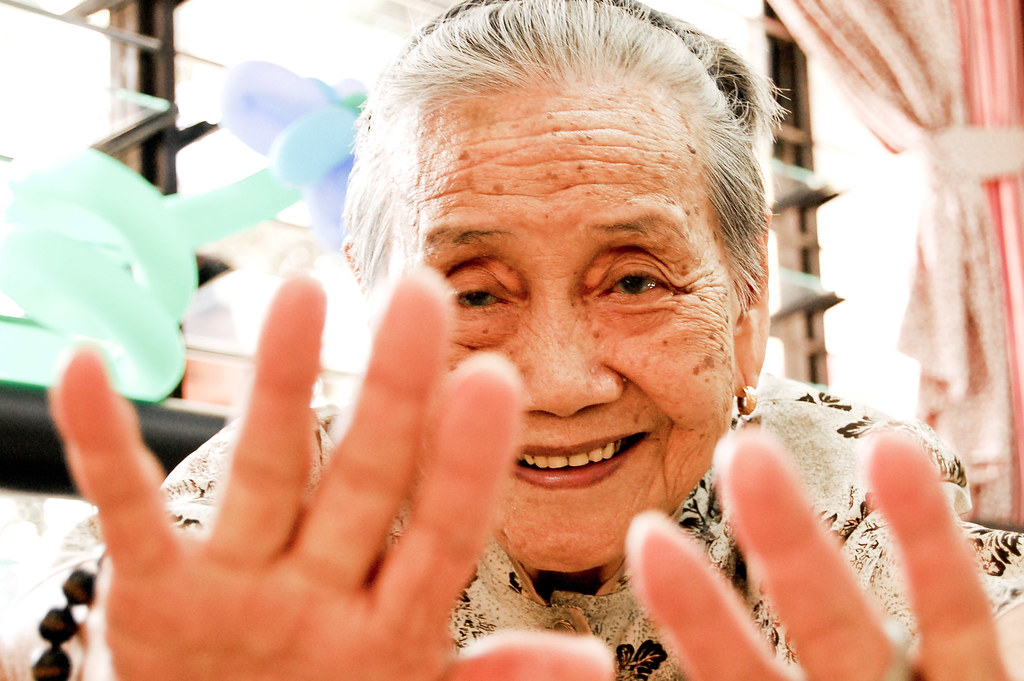What makes a man attractive to women? Is it his physical features, his personality, or his emotional expressions? A new study by researchers from the University of Cambridge and the University of Stirling suggests that the answer may depend on the context and the type of face.

The study, published in the journal Evolution and Human Behavior, examined how women’s preferences for male faces vary according to the facial masculinity, the emotional expression, and the relationship context. Facial masculinity refers to the degree of features that are typically associated with men, such as a strong jawline, a prominent brow ridge, and a larger nose. Previous research has shown that women tend to prefer more masculine faces for short-term relationships and less masculine faces for long-term relationships, possibly because masculine traits signal good genes but also higher levels of aggression and dominance.
The researchers wanted to test how emotional expressions, such as happiness, anger, and neutrality, interact with facial masculinity to influence women’s attractiveness judgments. They also wanted to see if the relationship context, such as casual sex or long-term commitment, would moderate these effects. To do this, they used computer-generated images of male faces that varied in masculinity and expression, and asked 583 heterosexual women to rate them for attractiveness in different scenarios.
The results showed that women’s preferences for male faces expressing emotions depended on the facial masculinity and the relationship context. For neutral faces, women preferred more masculine faces for short-term relationships and less masculine faces for long-term relationships, replicating previous findings. However, for happy faces, women preferred less masculine faces regardless of the relationship context, suggesting that smiling reduces the appeal of masculine faces. On the other hand, for angry faces, women preferred more masculine faces for both short-term and long-term relationships, suggesting that anger enhances the appeal of masculine faces.
The researchers explained that these findings may reflect the different signals that emotional expressions convey about a man’s personality and intentions. Smiling may indicate friendliness, warmth, and trustworthiness, which are desirable traits for a long-term partner, but may also imply lower dominance and status, which are less attractive for a short-term partner. Anger may indicate strength, assertiveness, and competitiveness, which are attractive traits for both short-term and long-term partners, but may also imply aggressiveness and hostility, which are less desirable for a long-term partner.
The study also found that women’s own personality traits influenced their preferences for male faces expressing emotions. Women who scored higher on agreeableness, which reflects compassion, cooperation, and kindness, preferred less masculine faces and happy faces more than women who scored lower on agreeableness. Women who scored higher on extraversion, which reflects sociability, excitement, and positive emotions, preferred angry faces more than women who scored lower on extraversion.
The researchers concluded that their study provides new insights into how emotional expressions affect the attractiveness of male faces, and how these effects are moderated by facial masculinity, relationship context, and women’s personality. They suggested that future research could explore how other factors, such as women’s hormonal status, men’s personality traits, and cultural differences, may also influence women’s preferences for male faces expressing emotions.
Related posts:
When he smiles: Attractiveness preferences for male faces expressing …
Scientists show how emotional expressions influence women’s attraction …
When he smiles : attractiveness preferences for male faces expressing …





